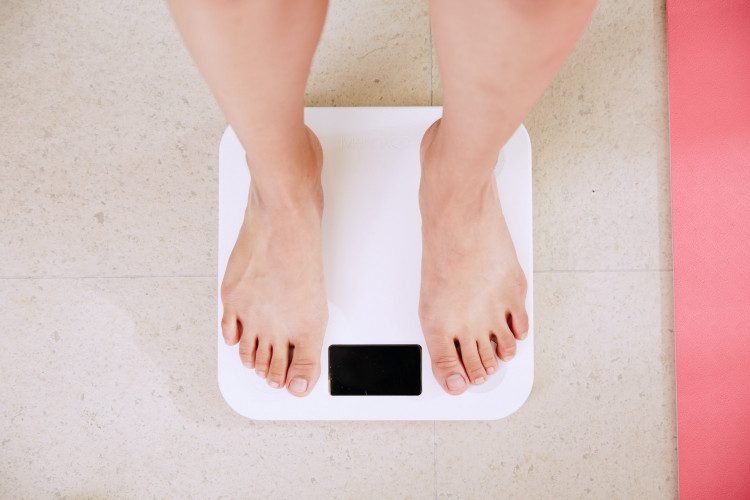Losing weight is difficult. Honestly, if it were that easy, this test would've been aced by everyone. There are too many other variables at hand, and these include genetics, environment, sleep patterns, and muscle mass, among others. Weight management is unbelievably complex.
While certainly daunting, weight loss is not unlikely. Focusing on the little achievements (eating more veggies, walking more) is vital. It will also help to work backward and find certain variables that are in the path or are creating a plateau.
Become mindful of these roadblocks, and you could be on your way to losing weight.
Genetics is betraying you
It's a challenging reality: it may not be possible to pick the form or shape of the body you like and land there with the right diet easily. Genetics matter a lot when it comes to weight, but people don't like to hear it.
Furthermore, there is the idea of the weight range set-point, which is the range at which your body is basically satisfied. If you live a healthy and happy life, that's where you could fall. If you want to drop your weight too much below your fixed point, your brain reacts to weight loss with powerful tools to force your weight back up to what it considers natural, not your willpower or your deliberate decisions.
Your gut is not healthy
Emerging research is uncovering how important your microbiome is for your health, and probably for your weight. A meta-analysis presented in the Genes journal's March 2018 issue looked at respondents that included treatments that positively impact the microbiome, such as taking probiotics or prebiotics, and found that relative to placebo, certain individuals experienced a drop in their body mass index (BMI) and fat mass.
You're losing muscle because of age
Women lose muscle as they age and reach menopause, and hormone levels tend to decline. In fact, according to the Centers for Disease Control and Prevention, muscle mass declines 3 to 5 percent per decade after the age of 30. This is a huge deal since muscle burns more calories than fat.
Post-menopausal women are more likely to accumulate body fat, and as they grow older, they need fewer calories. What is more, according to an article published in Nature Medicine in September 2019, natural improvements in fat tissue that come with aging can also cause the body to gain weight.
The clock can't be managed by you, but you can control your health behaviors. And while age can make you gain weight, age isn't the only factor. People of any age will lose weight and hold it off as long as they cultivate the necessary routines and have a schedule in place for any 'slips' in activities that can cause weight gain.






